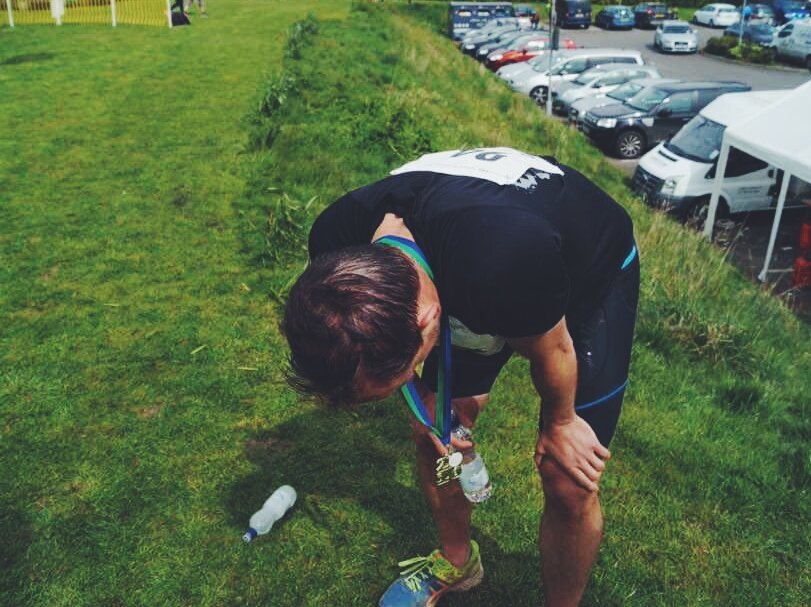Overtraining
Do you ever get stiffness in your muscles or your joints or in your tendons after training?
As part of our Workout Wednesday series, we want to help you understand what happens to our bodies when we over train and how to deal with it.
One of the common problems people don't understand about over training, especially when you get the symptoms after training whether it's stiffness or achiness in your muscles or tendons, is that when you ignore it, the problem just gets:
bigger and
bigger and
bigger.
Until eventually something completely breaks down then you have to stop your exercise.
We can tell you now, not many people like stopping something they love doing!
So, these are the few things that you need to look out for when it comes to over training.
Your technique
When you're doing your sport, whatever it may be swimming, tennis, cycling, running, golf, after the sport, if you are really struggling, there will be an overload principle somewhere in your body. Something in your body is basically working too hard.
The truth is, that our entire system should be balanced. And not one area should be overloading.
We want the whole body to be doing its job properly so the force is distributed evenly over the system.
So if you're overloading, the first question we’re going to be asking is, is your technique correct? If not, see an expert for a video analysis. Can your technique be improved?
2. What muscles aren’t working?
The second thing that will be really important when it comes to overloading is we need to find out is what muscles are not working.
When something overloads, it's essentially doing the job of something else in the system that isn't working enough.
Once you know what's not working you can then get it working and improve your movement with it.
3. Allow your joints to move
The third thing: allow your joints to move.
Because remember, we have all these joints in our body. And the truth is, that the joints themselves are designed to move. Because if they weren't designed to move they wouldn't be a joint, it would just be a bone. And every single joint needs to move.
And this is what we always recommend to people, whatever sport you do, move every joint in your body too. So do an activity such as Pilates or yoga. Or some stretching protocol. Just to get all of these joints moving. Because remember, if you don't use it you will lose it and especially this probably applies to people who have office jobs if you spend a lot of time sat down all day your body will adapt to that position and you will become chair shaped.
So we can't stress enough, use your bodies as much as possible and just go and use them outside if you can. Breathe in the fresh air and allow these joints to move so you can gain strength, build up your cardiovascular fitness but also build up your flexibility too.
In summary
So remember the causes of over training is overload. An area is overloading, but you need to find out what is not working.
But the key thing is actually if you if you're okay managing yourself then of course keep your system moving strength stability and stretching work on those three things.
Strength - lunging, going to the gym, going to do squatting put some load on the system.
Stretching - yoga, Pilates, or even just a stretching program. Those are great exercises to do.
And the third one, stability. You need to make sure your body is stable, especially when you need to push your body forwards. Because remember, if you've got no stability you're just going to fall over anyway and things may get injured too.
We hope these tips have been helpful for you. If you've got any questions please leave them in the comments below. If this has been helpful, share this to someone that will benefit. Because they will love you for it 😍


